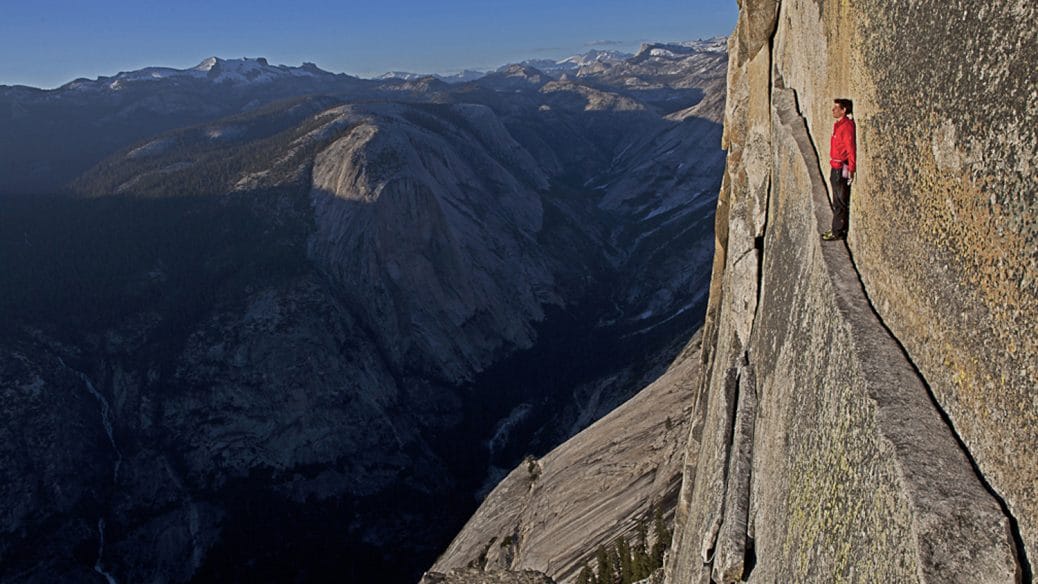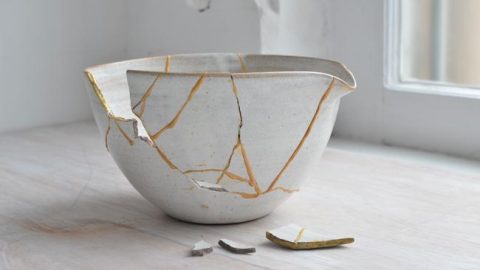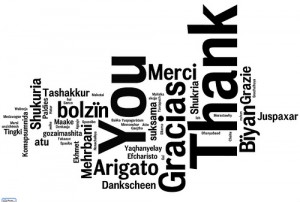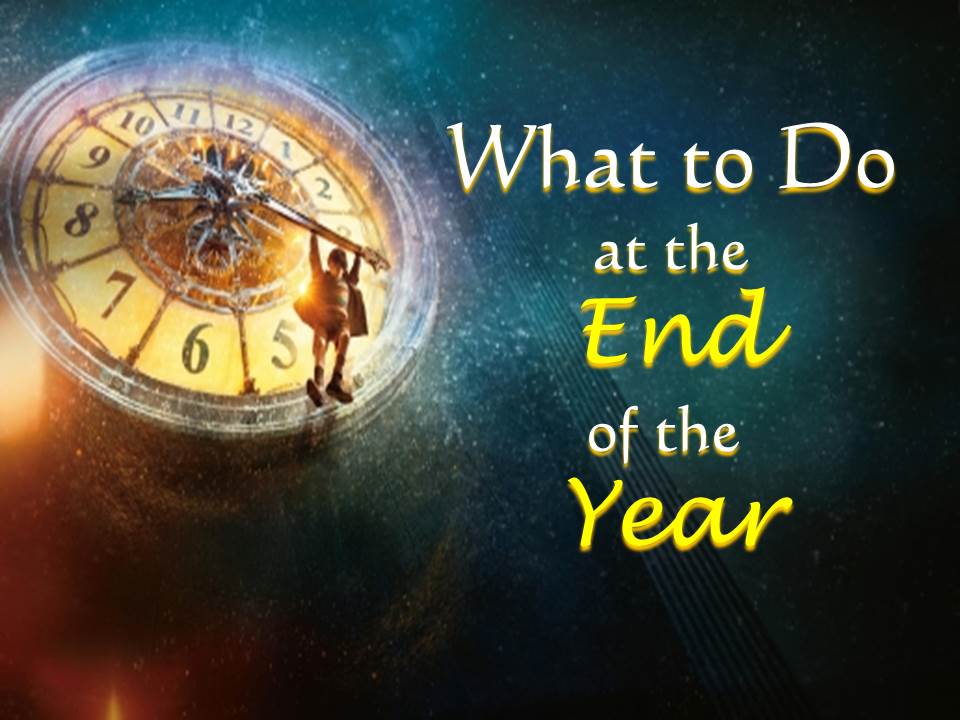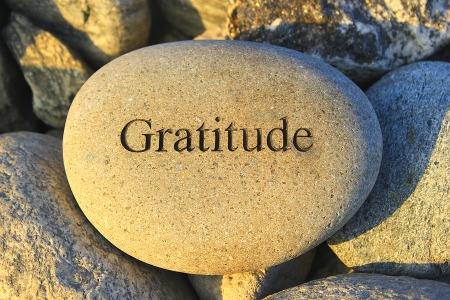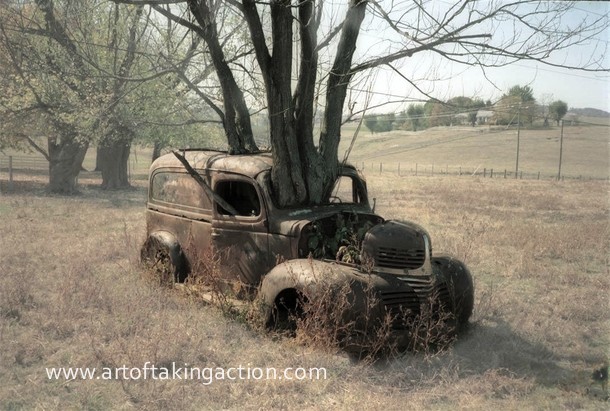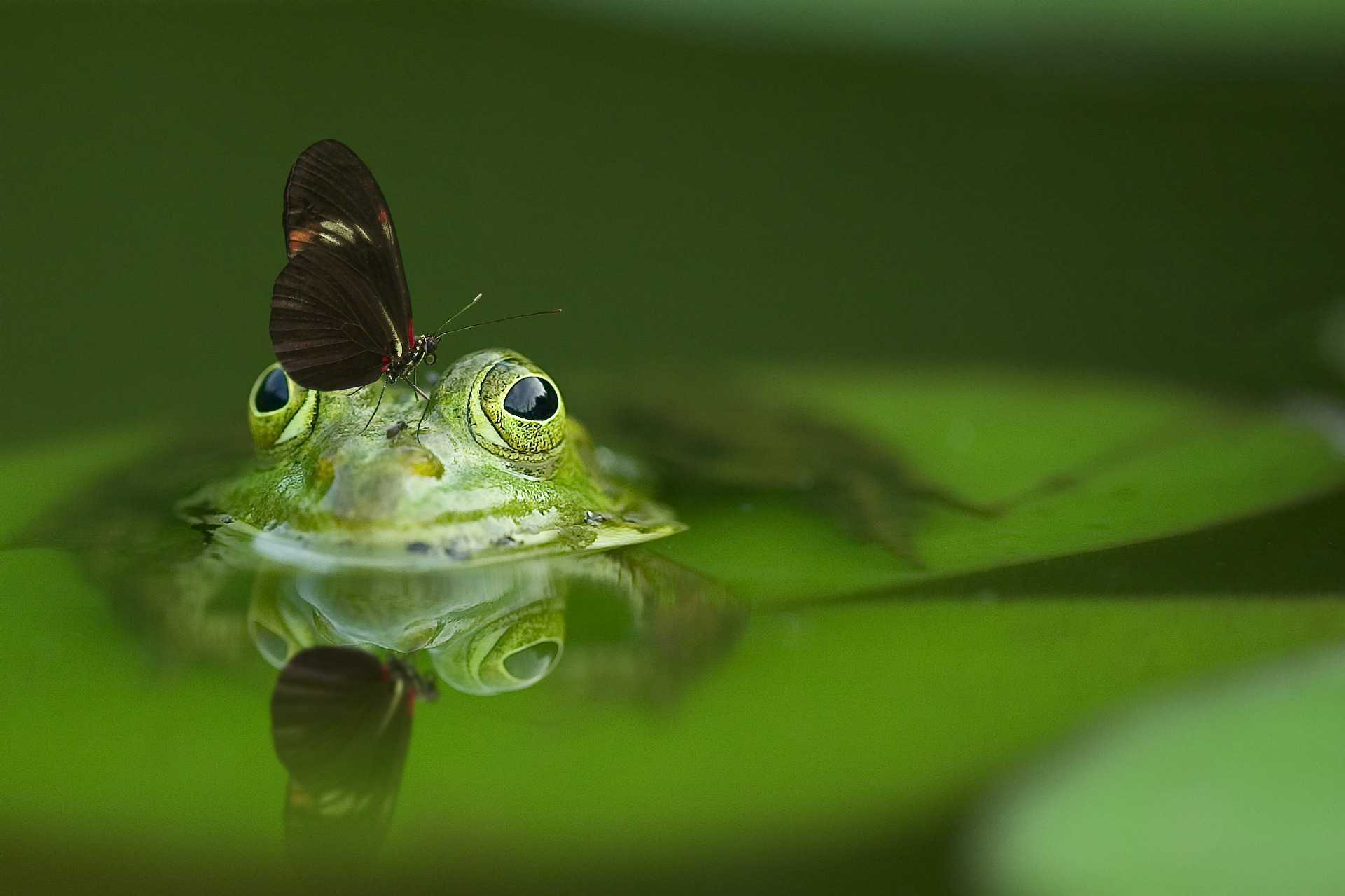You’re starting with nothing.
You sit down to write an essay (or novel) facing a blank screen.
You sit down with your guitar or piano to write a song.
You stare at a blank canvas with a paintbrush in your hand.
There are projects that offer you something to start with: a pile of papers to be organized, an overgrown garden, restoring an old table. But there are projects, like those mentioned above, that offer you nothing.
For some people it’s exciting to start with nothing. There are no boundaries, no restrictions. It’s an endless open field without a fence.
But for many of us, the lack of something to grab onto can leave us confused, empty and stuck in the “not-ready” mindset whose fallback strategy is something to eat or something to watch. Anything that gets us to safety.
Oscar-winning screenwriter Charlie Kaufman, strikes a familiar chord:
“How to start? I’m hungry. I should get coffee. Coffee would help me think. I should write something first, then I’ll reward myself with coffee. Coffee and a muffin. OK, so I need to establish the themes. Maybe banana-nut. That’s a good muffin.”
And author Kevin Ashton comments*:
“Whatever form our failure takes, be it a banana-nut muffin, a tidier sock drawer, or a bag of new stationery, it is the same thing: a non-beginning, complete with that dead car sound, all click, no ignition. Having resisted the temptation of others, we must also resist the temptation of us.
The best way to begin is the same as the best way to swim in the sea. No tiptoes. No wading. Go under. Get wet and cold from scalp to sole. Splutter up salt, push the hair from your brow, then stroke and stroke again. Feel the chill change. Do not look back or think ahead. Just go.
In the beginning, all that matters is how much clay you throw on the wheel. Go for as many hours as you can. Repeat every day possible until you die. The first beginning will feel wrong. We are not used to being with ourselves uninterrupted. We do not know the way first things look. We have imagined our creations finished but never begun.”
I’d like to echo a key sentence in Ashton’s comments:
“The first beginning will feel wrong.”
It’s supposed to feel wrong. Being able to understand what is wrong about it is the emergence of your creativity. Now you can fix it, tweak it, add to it or even totally reconstruct it. Starting with something that feels wrong is the right thing to do. Don’t be deterred. You’re on the right track.
“The courage of creation is making bad beginnings.”
– Kevin Ashton
The key is to take what is formless (thoughts, ideas) and create form (written words, lines/colors on a canvas). Once you have form, you have something to grab onto. Once you have something to grab on to you can move forward.
I recently saw the film, Free Solo. The film features rock climber Alex Honnold on his quest to perform a free solo climb (without ropes) of El Capitan in 2017. Each moment of his climb is about finding a handhold or a foothold. Something to grab on to so he can make the next move.
That’s how we start from scratch.
*The above quotes are from, “How to Fly a Horse: The Secret History of Creation, Invention, and Discovery” by Kevin Ashton. Shout out to my colleague Trudy Boyle for passing on the Ashton book quote. Thank you.
Tags: Procrastination
